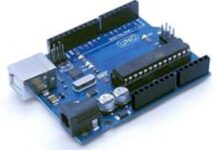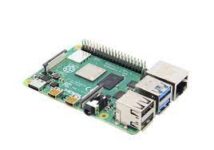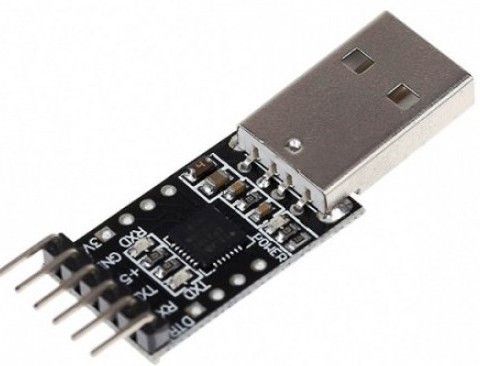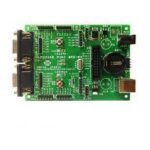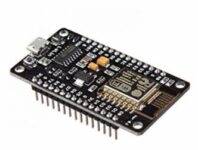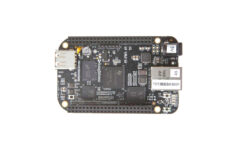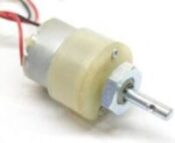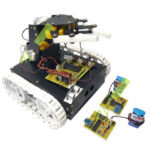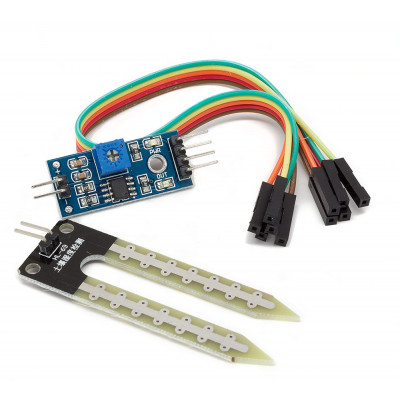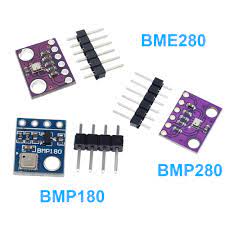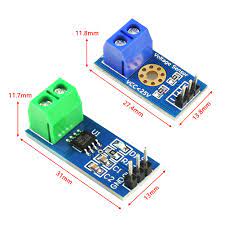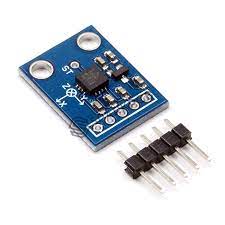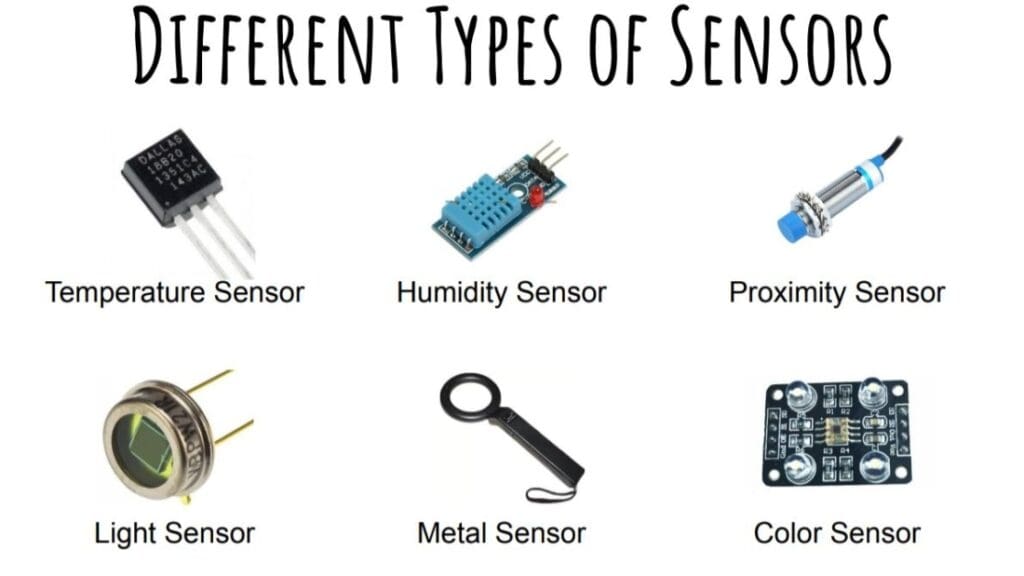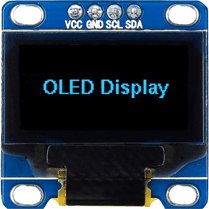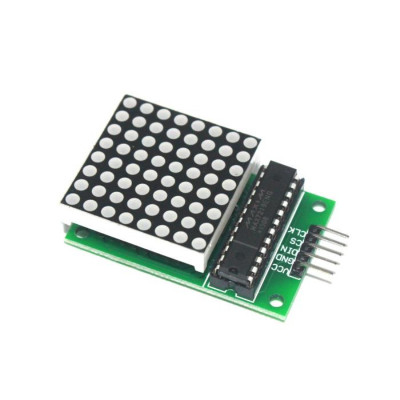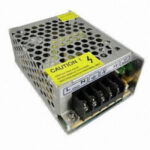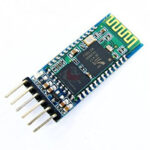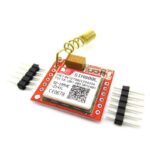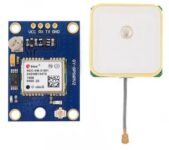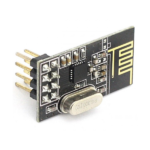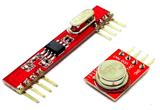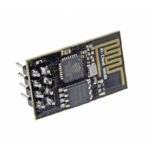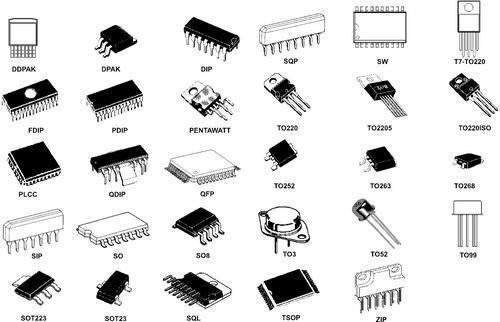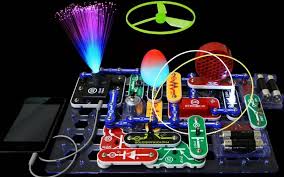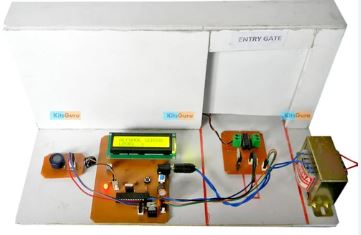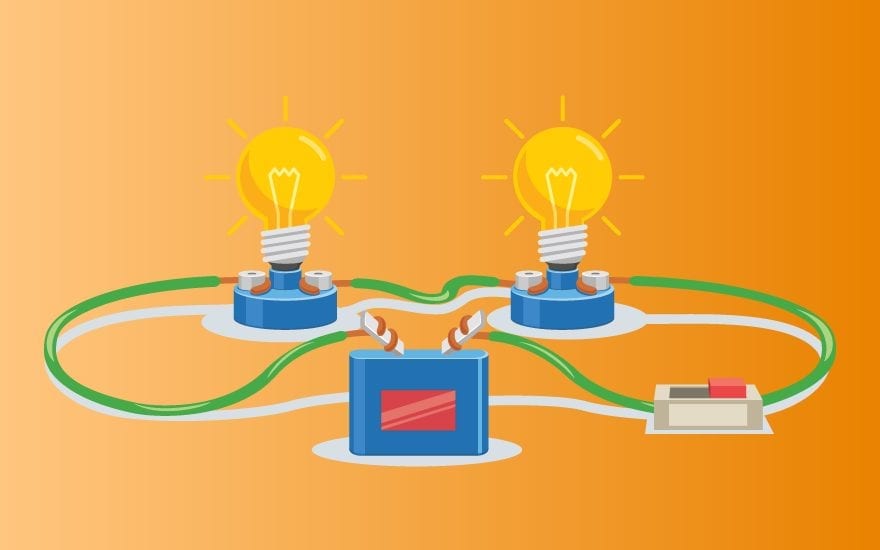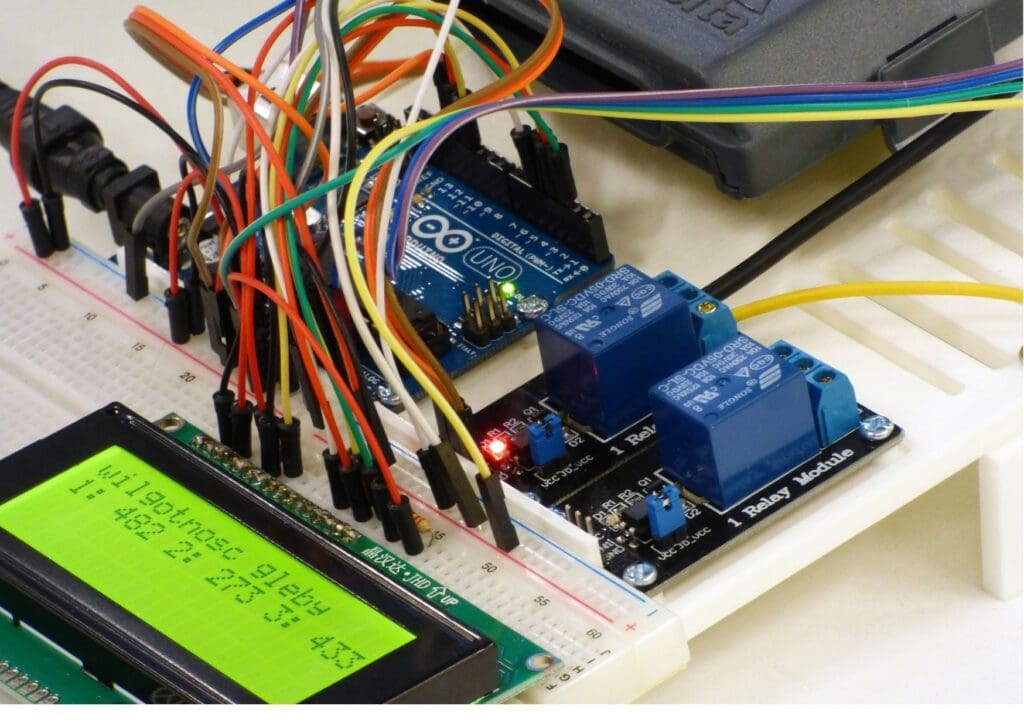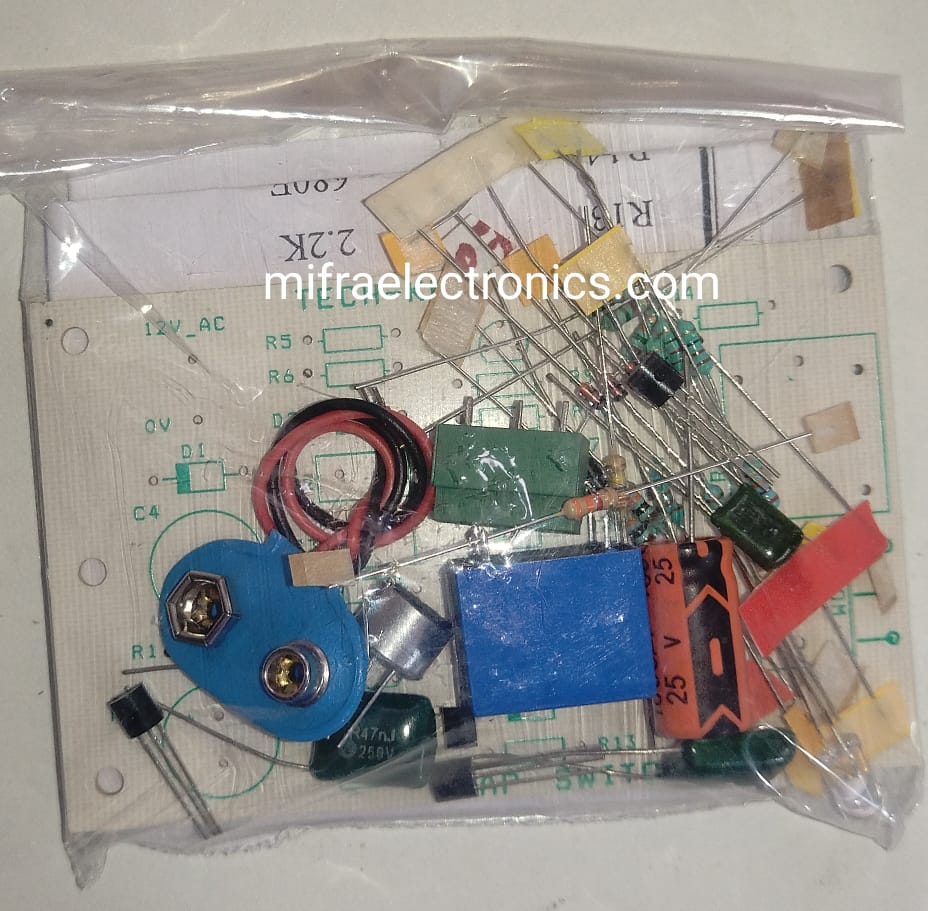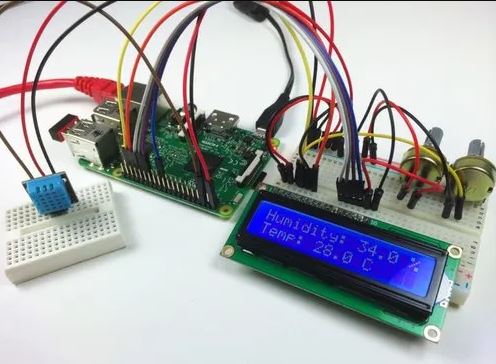Exploring Quantum Computing: The Next Frontier in Electronics
Introduction
In the ever-evolving landscape of technology, quantum computing stands out as the next frontier in electronics, promising a paradigm shift that could revolutionize the way we process information. Traditional computers, operating on classical bits, use binary code (0s and 1s) to perform calculations. Quantum computers, on the other hand, leverage the principles of quantum mechanics to process information in ways previously thought impossible. In this blog post, we will delve into the fascinating world of quantum computing, exploring its principles, potential applications, and the challenges it presents.
Understanding Quantum Bits (Qubits):
At the heart of quantum computing are quantum bits, or qubits. Unlike classical bits, which can exist in a state of 0 or 1, qubits can exist in a superposition of both states simultaneously. This unique property enables quantum computers to perform complex calculations at an unprecedented speed. Moreover, qubits can be entangled, meaning the state of one qubit is dependent on the state of another, even if they are physically separated. This entanglement allows for the creation of powerful quantum circuits with the potential to solve certain problems exponentially faster than classical computers.
Potential Applications:
The potential applications of quantum computing are vast and span across various industries. One of the most anticipated applications is in cryptography, where quantum computers could potentially break existing encryption algorithms, leading to the development of quantum-resistant cryptography. In the realm of drug discovery, quantum computers could simulate molecular interactions with unparalleled accuracy, accelerating the drug development process. Additionally, optimization problems in fields such as logistics, finance, and supply chain management could benefit significantly from the computational power of quantum systems.
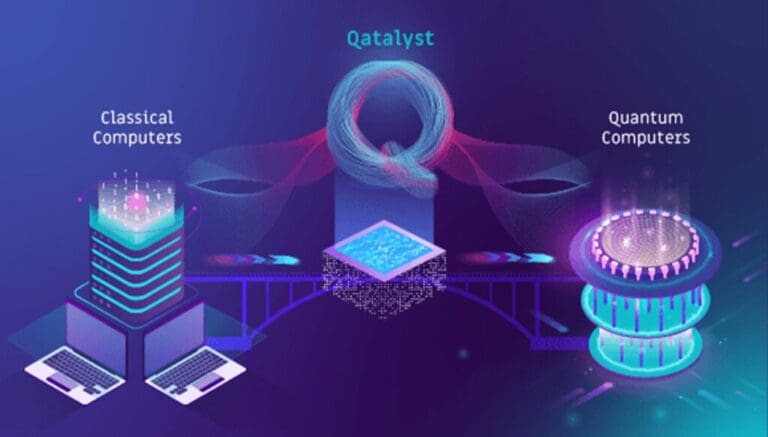

Challenges and Limitations:
While the promises of quantum computing are immense, the technology is still in its infancy, facing several challenges. Quantum systems are highly susceptible to environmental interference, making error correction a significant hurdle. Researchers are actively working on developing fault-tolerant quantum computers to overcome these challenges. Moreover, creating and maintaining stable qubits requires extremely low temperatures, adding to the complexity and cost of quantum computing implementations.
Conclusion:
As we explore the vast potential of quantum computing, it is clear that we are on the brink of a technological revolution. The development of practical quantum computers has the potential to transform industries, solve complex problems, and unlock new possibilities in the world of electronics. While challenges remain, the progress made in recent years indicates that quantum computing is not just a theoretical concept but a tangible reality that could reshape the future of information processing. As researchers continue to push the boundaries of quantum mechanics, we eagerly anticipate the day when quantum computers become an integral part of our technological landscape. The journey into the quantum frontier has just begun, and the possibilities are as limitless as the quantum states themselves.



